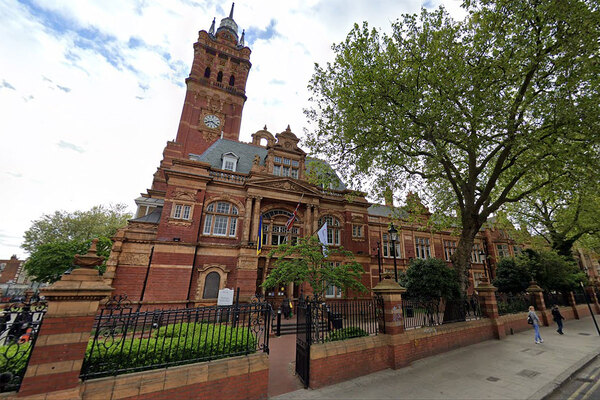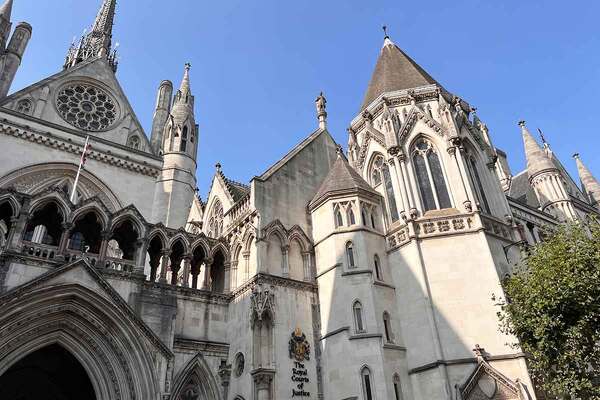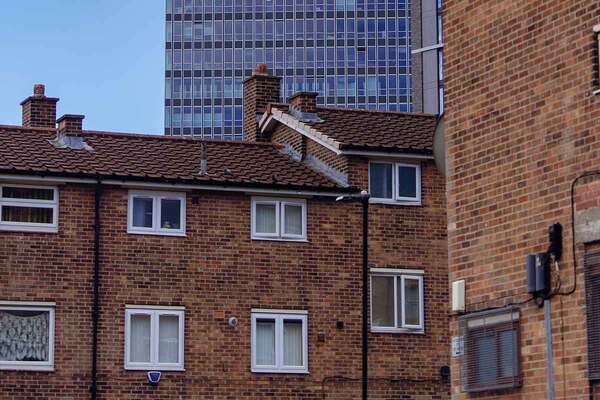You are viewing 1 of your 1 free articles

Good governance is critical
The reclassification of housing associations means that effective governance is now more important than ever, says Michael Cameron of the Scottish Housing Regulator

The Office for National Statistics’ (ONS) reclassification of registered social landlords as public bodies will lead to changes in regulation in Scotland. So, I’ve watched with interest the reaction to the recent changes to regulation in England.
A common theme with most commentators is that good governance is now critical. Of course it should always have been so, but the sentiment recognises a new reality: social landlords will have to deliver in a riskier and more uncertain world.
The social housing sector in Scotland is fundamentally strong with a hard-earned, good reputation. Social landlords continue to perform well across almost all of the standards and outcomes in the Scottish Social Housing Charter and most are managing resources to ensure their financial well-being. So, we need to keep all the challenges and risks in perspective. But it is important we all recognise they are there, and they can impact on the wider reputation of social landlords.
“Social landlords will have to deliver in a riskier and more uncertain world.”
Adding to that, we’ll all need to recognise and manage more inherent risk following the proposed removal of the checks and balances provided by the current consents system.
Landlords will be solely responsible for managing this risk in future. This will be straightforward for many of them. The due diligence they carry out when making decisions about disposals and constitutional changes gives us the assurance we need to grant consent quickly.
But we need to engage with some to get the assurance that should have been sought by their boards or committees. We have also stopped some proposals that were not in the interests of tenants. So, some will have to strengthen their decision-making to compensate for the removal of consents.
We have had to use our statutory intervention powers with seven social landlords over the past three years. All the interventions have been necessary to tackle weaknesses or failures in governance.
We found some common issues in these landlords. Their boards and committees had a poor understanding of their role and a poor awareness of the position the landlord was in. They exercised little or no oversight of performance and did not effectively challenge executives. Some failed to follow their own rules. Board and committees had a poor understanding of what assurance to take from auditors and did not seek independent assurance around important decisions.
Taken together, these weaknesses meant the landlords were not meeting regulatory standards, and left them vulnerable to poor behaviours and incompetence that caused serious problems.
Poor governance puts the hard-earned reputation of social landlords at risk. That in turn brings risk around the availability and cost of borrowing. Most importantly for us, it puts the interests of tenants at risk.
We’ll continue to engage with landlords as necessary to protect the interests of tenants. In the coming year we’ll start a review of our regulatory framework, to meet the commitment we made when we launched the current framework in 2012. We’ll put the lessons from the statutory interventions at the centre of that review, alongside the changes to our legislation the Scottish Government brings forward in response to reclassification.
“Poor governance puts the hard-earned reputation of social landlords at risk.”
For landlords, the post-reclassification world means that strength in governance will be ever more important. Most are well run, but each will want to think about how they respond to the new freedoms and responsibilities that will be coming their way.
It may be obvious, but get the basics right, including complying with your own rules. This is especially important as we approach the season of AGMs.
Robust, evidence-backed self-assurance, including on compliance with regulatory standards, is now hugely important. And boards should get appropriate independent assurance and advice when they are being asked to make important decisions.
In short, good governance is critical.
Michael Cameron, chief executive, Scottish Housing Regulator








